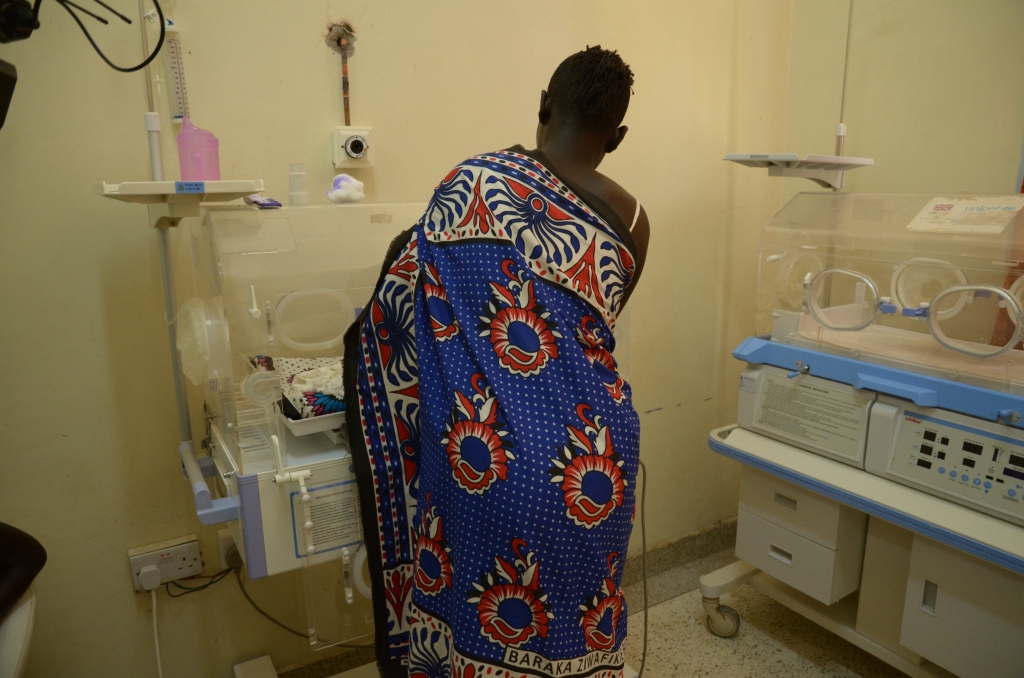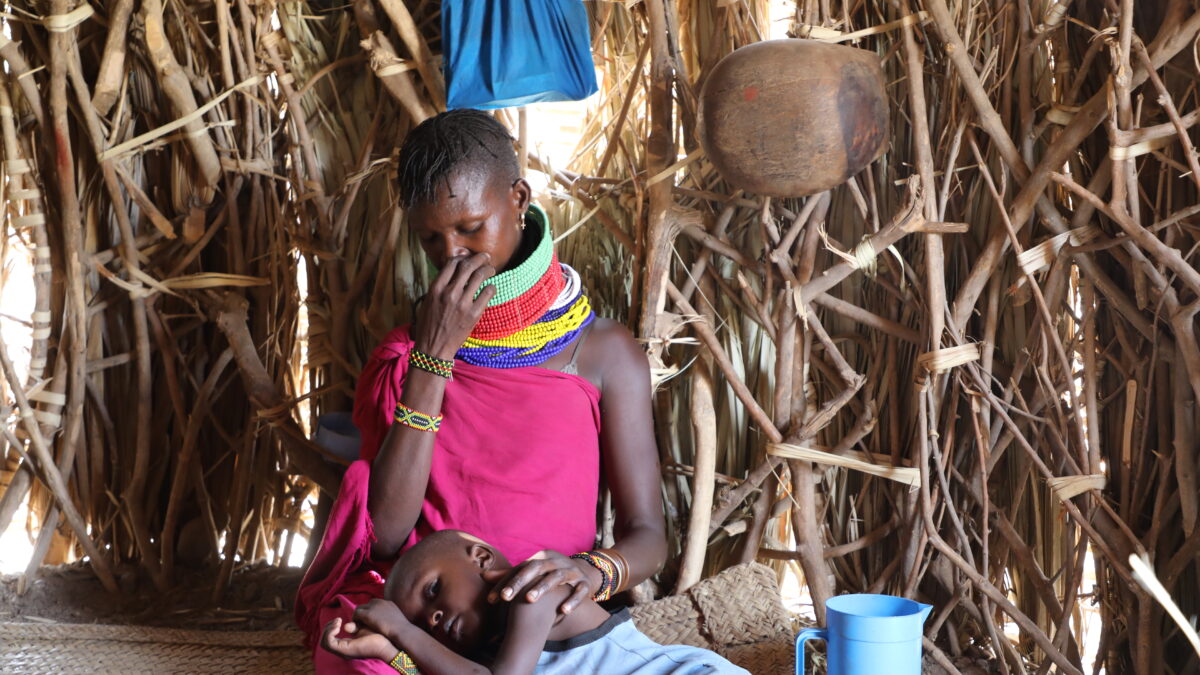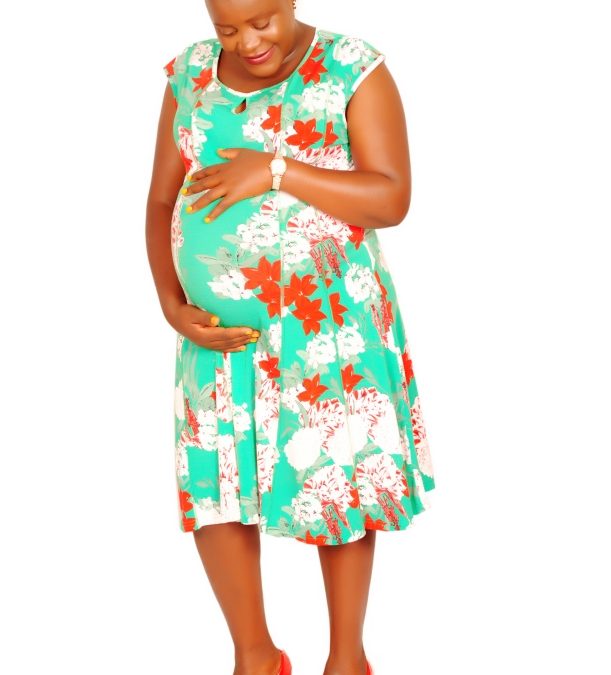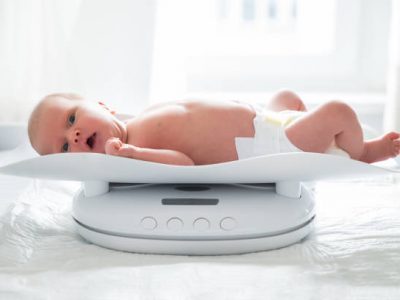
t is the hope of every pregnant woman to carry her baby to term, deliver safely and take a healthy baby home after between 1 to 5 days stint in hospital depending on whether the baby was delivered vaginally or through caesarean section. A health condition or a pregnancy-related factor however, may result to the baby coming too early or to be born with low birth weight or even have a health condition that needs special care in the neonatal intensive care unit.

Having access to a functional and fully equipped neonatal intensive care unit (NICU) is vital. This should be one of the factors to consider when choosing a hospital to deliver your bundle of joy because experts have noticed that babies who need intensive care recover quickly if they are born in a hospital with the facility than if they are moved after birth.
Have you ever wondered what happens in the NICU? Come with me and my camera to the Lodwar County Referral Hospital’s neonatal unit for a sneak peek…

Preterm babies lack body fat to control their body temperature. An incubator, therefore, guarantees the perfect environmental conditions by either letting the temperature to be adjusted manually or automatically based on changes in the baby’s temperature. It also shields the preterm babies from infection, extreme noise or harmful light levels.

Mothers may be very anxious after preterm delivery, especially if their infant needs intensive care. Supporting the mothers emotionally and psychologically is important for them and the preterm infants.

Providing breast milk is one of the most important parts of the infant’s care. The milk could be from the infant’s mother or expressed milk from donor mothers.

Feeding with expressed human milk reduces the risk of serious infection, which is a major cause of neonatal morbidity and mortality in preterm infants in developing countries. Milk can be delivered via a gastric tube or by cup feeding while the infant is learning to suck at the breast.








